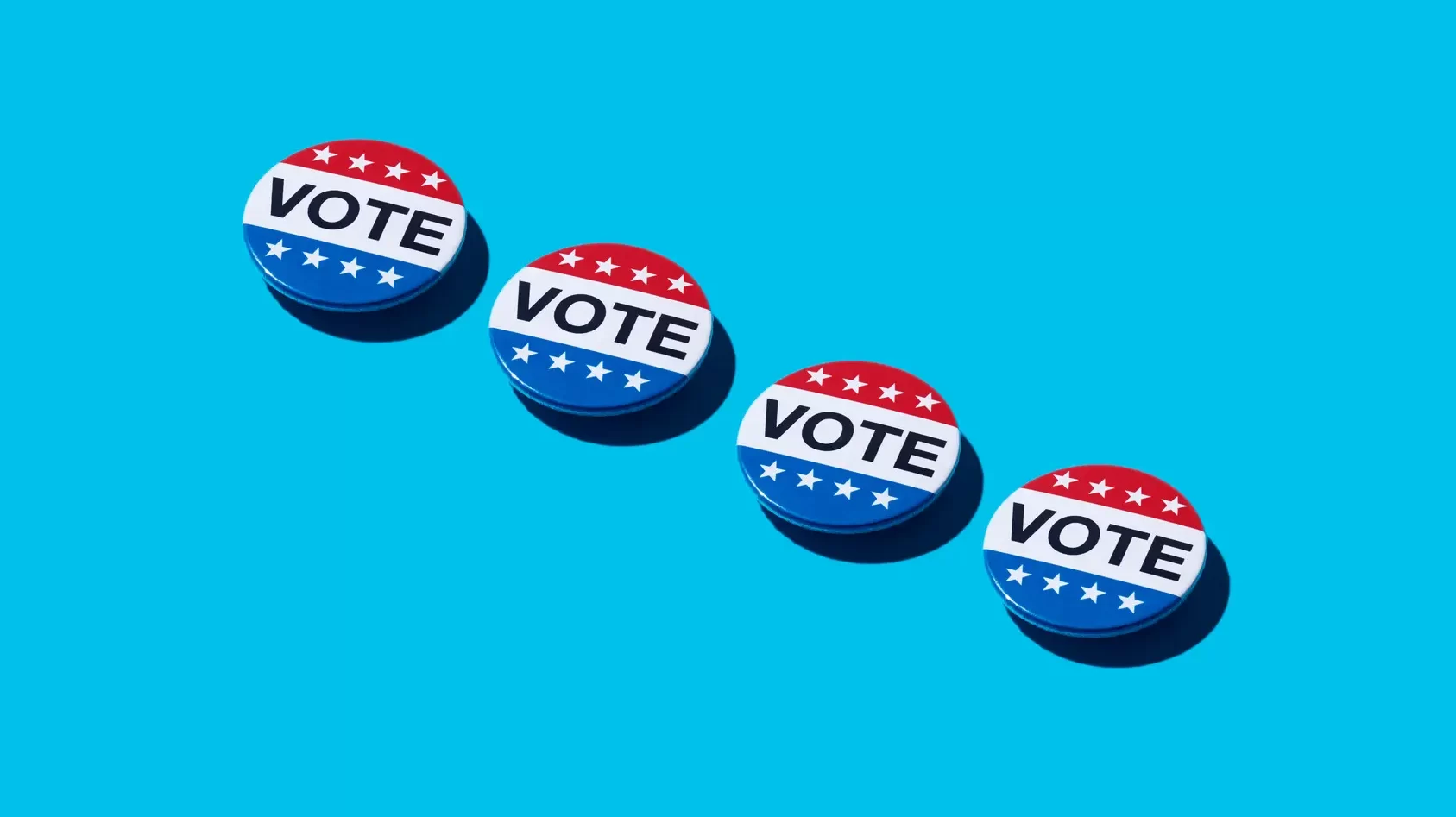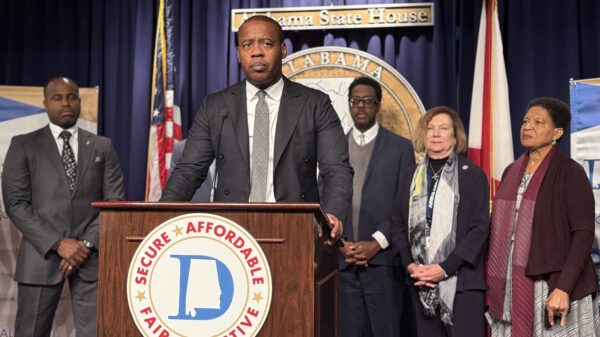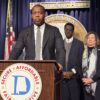Twelve years ago, on June 25, 2013, the U.S. Supreme Court handed down a ruling in Shelby County v. Holder that severely weakened a crucial section of the Voting Rights Act.
By declaring the preclearance framework unconstitutional—a framework that identified which states and localities with histories of racial discrimination in elections were required to obtain approval before implementing any proposed voting process changes—the Court opened the door for a bevy of suppressive voting laws and racial vote dilution tactics that have severely harmed Black voter power.
This decision carries even more weight as we confront the various threats to our democracy, including today’s direct attacks at the federal and state levels on opportunities for Black voters to elect their candidates of choice.
Preclearance had been an enormously successful requirement—arguably the most transformative provision of the most successful civil rights law in American history. Discriminatory voter suppression laws were stopped before they even began, and eligible Black voters experienced unprecedented access to the ballot box. In the first decade of federally mandated preclearance practices, the voter registration gap between white and Black voters fell by over 20 points. Black voter turnout and Black representation in elected offices increased accordingly.
But now, the voter registration gap is widening once again—in 2022, despite the second-largest turnout for a midterm election in 20 years, the gap between turnout of white and Black voters had nearly doubled from the previous midterm election.
In response, Janai Nelson, president and director-counsel of LDF, issued the following statement:
“As Justice Ginsburg wrote in her famous dissent from the Shelby opinion, throwing out preclearance is like ‘throwing away your umbrella in a rainstorm because you are not getting wet.’ And now, we are caught in the midst of a torrential downpour of voter suppression and discriminatory gerrymandering without our strongest protections, facing the biggest storm of voter rights attacks that we have seen in decades as the current administration tries again and again to undermine our sacred democratic institutions.
“For nearly 50 years, preclearance helped prevent the blatant wrongs of racial discrimination in election practices before the wrongs could even occur. Twelve years after these protections were stripped away, American democracy is suffering the consequences. Black voices have been intentionally diluted at the ballot box, voter ID laws that disproportionately limit Black access to elections have been forced through legislatures, and new district maps drawn after preclearance was lifted have severely undermined Black communities’ ability to elect candidates of their choice on an equal basis as white voters.
“The Shelby County v. Holder decision opened the door for the implementation of these suppressive voting laws and racially discriminatory tactics —but we cannot lose all hope. We have successfully fought for other fundamental voting rights protections in court, and we have won. In 2023, LDF brought an historic redistricting case in Allen v. Milligan before the U.S. Supreme Court that reaffirmed the district court’s order striking down Alabama’s congressional map that diluted Black political power. And in 2024, Alabama elected two Black representatives to Congress for the first time in history.
“As we reflect on the Shelby County anniversary, LDF remains steadfast in our work to protect the fundamental right to vote that others so desperately want to weaken.”
LDF’s Director of Litigation Deuel Ross, who successfully argued Milligan, participated in a teach-in on Shelby County and its impact, hosted by the Leadership Conference on Civil and Human Rights.
He was joined by U.S. Senator Alex Padilla, U.S. Representative Terri Sewell and U.S. Representative Joe Morelle.


















































